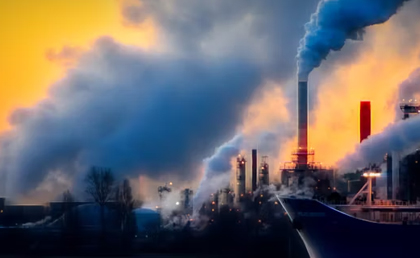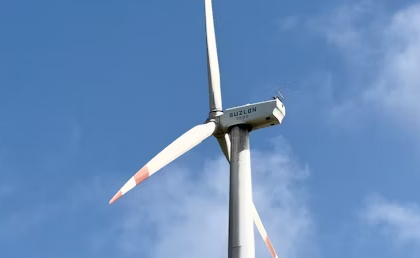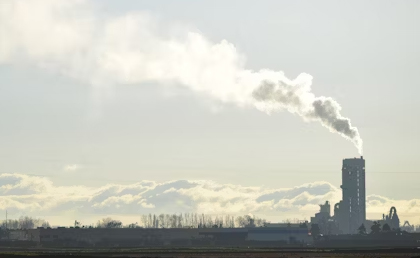

2024 is the first year of the implementation of the new market reform plan, and the expansion of the European Union Carbon Market (EU ETS) includes the shipping industry. However, compared to the exciting trend of carbon prices breaking through the 100 euro/ton mark in 2023, quota prices have been continuously declining in 2024 and are currently around 68 euros/ton.
View more
After nearly 20 years of construction and development, the EU carbon market has gradually covered the main emission sources of key emission industries such as energy and manufacturing in the EU, including electricity, energy intensive industries (such as steel, cement, refining, etc.), aviation, shipping and other industries, accounting for more than 40% of the total greenhouse gas emissions in the EU.
View more
The "carbon tariff" is coming with great momentum, and the development of internationally recognized carbon accounting standards will be a key weight to help Chinese companies overcome this "carbon hurdle".
View more
The core of Article 6 of the Paris Agreement is to establish a carbon credit mechanism supervised by the United Nations to help countries and businesses achieve their emission reduction targets globally
View more
Without corresponding support, coordinated development of the industrial chain, and supporting infrastructure, even the most beautiful vision will ultimately become a castle in the air.
View more
Continuously consolidating the achievements of overcapacity reduction in the steel industry, promoting the transformation and upgrading of the petrochemical industry, and accelerating the growth of the new materials industry

In the past two years, the development speed of renewable energy, especially wind and solar power generation, in China has accelerated, but the progress of low-carbon transformation is still not fast enough. Low carbon development should focus on the main aspects of the main contradictions.

Mobilize diverse social forces, assist in the comprehensive green transformation of economic and social development, and promote high-quality development

Please carry out various tasks such as pre allocation, adjustment, verification, and clearance of quotas for the power generation industry in 2023 and 2024 in accordance with the relevant requirements of this notice.

Accelerate the establishment of a carbon footprint management system, form a green low-carbon supply chain and production lifestyle, promote the development of new quality productivity, and help achieve the goal of carbon peak carbon neutrality. The Ministry of Ecology and Environment, together with the National Development and Reform Commission, the Ministry of Industry and Information Technology, the Ministry of Finance, the Ministry of Human Resources and Social Security, the Ministry of Housing and Urban Rural Development, the Ministry of Transport, the Ministry of Commerce, the People's Bank of China, the State owned Assets Supervision and Administration Commission of the State Council, the General Administration of Customs, the General Administration of Market Supervision, the State Administration of Financial Supervision, the CSRC, and the National Data Bureau, formulated the Implementation Plan on the Establishment of a Carbon Footprint Management System

The first stage is from now until 2025, focusing on consolidating the foundation of carbon emission data, comprehensively establishing a carbon emission annual report and express system, focusing on improving regional, industry, enterprise, and product carbon emission accounting systems and methods, and building a national greenhouse gas emission factor database. The second stage is from 2026 to 2030, with a focus on comprehensively improving the level of carbon emission accounting capabilities, building a complete and systematic carbon emission statistical accounting system, and promoting the improvement of relevant carbon emission statistical accounting systems, standard rules, management mechanisms, and methods research